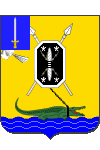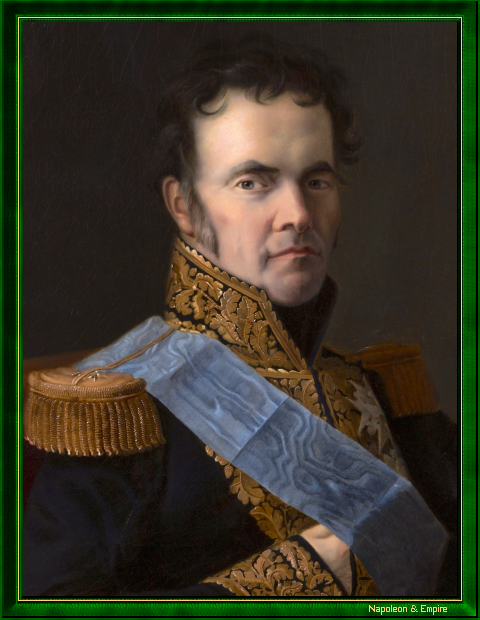Count of the Empire
Pronunciation:

Philibert Jean-Baptiste Curial was born on April 21, 1774 in Saint-Pierre-d'Albigny, a commune in the Duchy of Savoie (now part of the Savoie department).
He was the son of a judge who, during the French Revolution, served as his department's deputy on the "Conseil des Anciens" (Council of Elders).
Curial joined the army in 1792, after Savoie became part of France, in the famous Allobroges legion, from which several generals would emerge.
Appointed captain in 1793, he fought federalist uprisings under Jean-François Carteaux, then moved to the army of the Eastern Pyrenees.
He was assigned to the Army of Italy in 1796, to Switzerland in 1798, and to the Army of Orient in 1799, with whom he embarked on the Egyptian expedition. During this one, he was promoted to battalion commander in May 1799 by General-in-Chief Napoleon Bonaparte, then to brigade commander (colonel) by his successor, General-in-Chief Jacques-François Menou, in September 1800. In March 1801, Curial was seriously wounded at the Battle of Canope.
After his return to France, Curial's ranks, still conferred on a provisional basis, were confirmed in 1802 by consular decree.
A member of the Legion of Honor since December 1803, Philibert Curial fought at Austerlitz (December 2, 1805), Preussisch-Eylau (February 8, 1807), Heilsberg (June 10, 1807), where he was wounded in the head, and Friedland (June 14, 1807). He was promoted to brigadier general shortly after this battle (June 25).
In June 1808, he became a Baron of the Empire. In November of the same year, he was sent to fight in Spain.
Curial was recalled from the Iberian peninsula in 1809, to take part in the Austrian campaign. He distinguished himself at Aspern-Essling (May 21-22, 1809), earning promotion to the rank of division general (June 5, 1809).
In 1812, he took part in the Russian campaign; the following year, in the Saxon campaign and the battles of Leipzig and Hanau.
During the Campaign in the Northeast France, he fought at La Rothière (February 1, 1814), Vauchamps (February 14), Craonne (March 7) and Laon (March 9 & 10).
Curial was elevated to the title of Count on March 22, 1814, shortly before fighting at Fère-Champenoise and then in front of Paris at La Villette (March 30) under Marshal Adolphe Édouard Casimir Joseph Mortier.
During the First Restoration, Louis XVIII made him a peer de France (June 1814).
On his return, Napoleon showed Curial some disfavor. He did not confirm his peerage and sent him to command the Alpine army under Marshal Louis Gabriel Suchet, even though Curial had never left the ranks of the Guard since 1806.
During the Second Restoration, Louis XVIII initially placed Curial on leave. However, Curial soon returned to favor. He became Inspector General of Infantry in 1820. In 1823, under the command of Marshal Bon-Adrien Jannot de Moncey, he took part in the Spanish Expedition, designed to restore King Ferdinand VII to the throne after a revolution.
Curial died in Paris on May 30, 1829, following a fall from his horse at the coronation of Charles X.
He is buried in the Curial chapel at Château de Monchy, Monchy-Humières (Oise).
"Philibert Curial". 19th century French school.

As a member of the Chamber of Peers charged with judging Marshal Ney, he voted in favor of Ney's deportation.